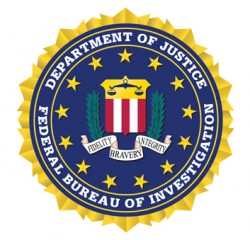Seattle can't disclose location of FBI's hidden surveillance cameras, federal judge says

A federal judge has issued a temporary restraining order that blocks the city of Seattle from disclosing the location of hidden FBI surveillance cameras placed on city utility poles.
U.S. District Judge Richard Jones barred the disclosure in response to a request by federal prosecutors, who said release of the information could have devastating effects on investigations, KOMO News, the Seattle Times and the Associated Press report.
Jones said in his June 13 order (PDF) that, if the information is disclosed, the recipients could publish it online, “where it would harm important federal law enforcement operational interests as well as the personal privacy of innocent third parties.”
Every FBI surveillance camera is associated with a particular subject or investigation, according to the complaint for injunctive relief (PDF) filed by prosecutors. A subject who learns of camera locations “would not only be able to evade further investigation by the FBI,” the complaint says, “but would also be able to employ countermeasures to impede further investigation such as destroying, hiding, or otherwise concealing evidence; intimidating or retaliating against cooperating witnesses; or by simply fleeing the jurisdiction.”
Seattle City Light had disclosed some information about the cameras to a KIRO-TV reporter in November 2015, including law enforcement contact information, but it redacted location information. After that, a privacy activist filed a public records request for the redacted information.



